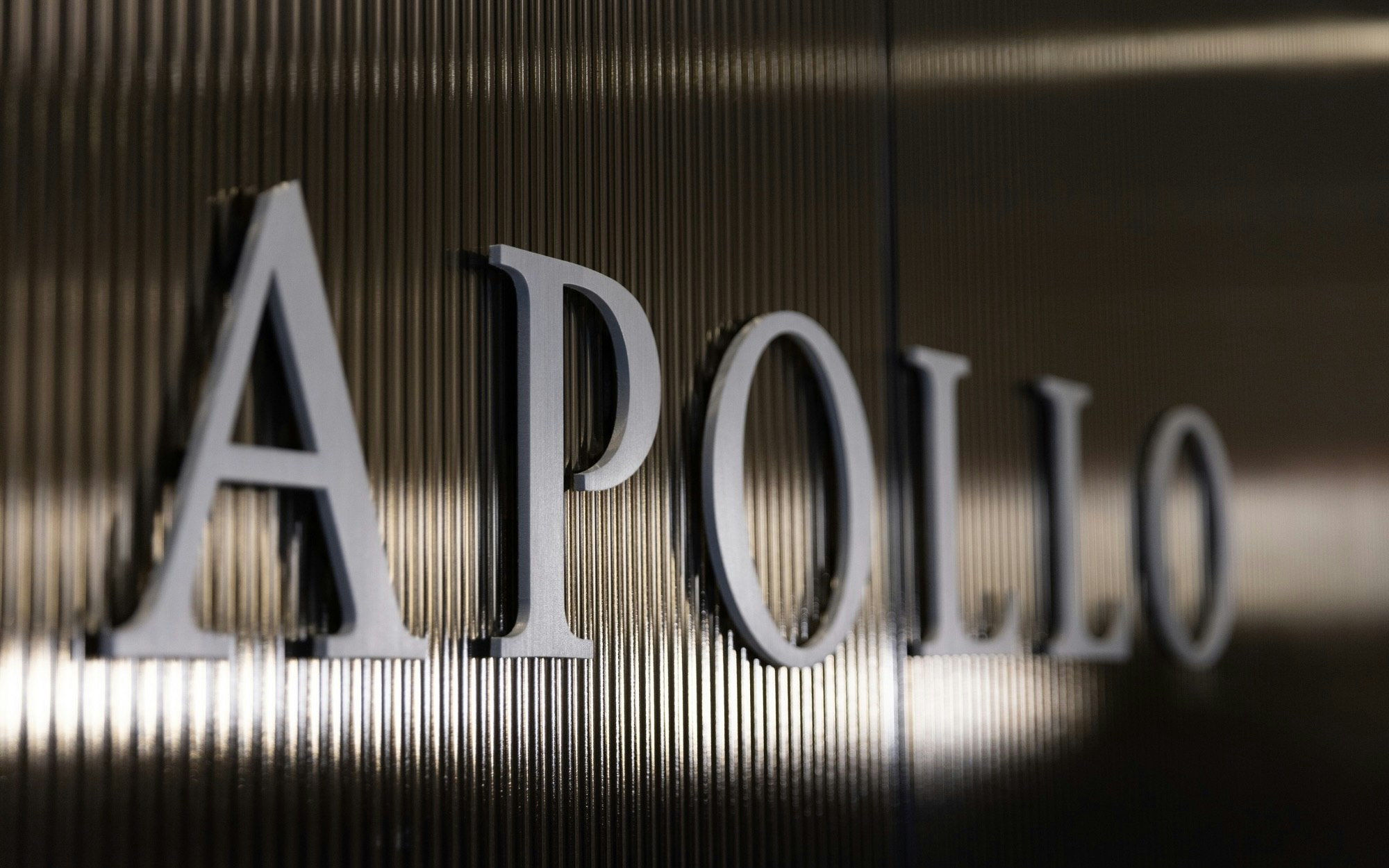Business
Apollo defends against criticism – Dispute over "related party assets" escalates
Apollo rejects criticism of close entanglements between insurance and asset management businesses – but different calculation bases and regulatory special treatments are further fueling the dispute over "related party assets.

Apollo has launched a counteroffensive in the dispute over the intertwining of life insurers with their private equity owners. In an investor presentation, Athene, the group's in-house insurance subsidiary, presented data intended to weigh more heavily on competitors like KKR, Blackstone, and Brookfield than on Apollo itself.
According to Athene, around 12 percent of its own investments consisted of "related party assets" at the end of 2024. For KKR's Global Atlantic, it was 22 percent, for Brookfield's American National Insurance 30 percent, and for Blackstone's Everlake 35 percent. The highest was Security Benefit Life at 43 percent. However, Athene used a different calculation basis for itself compared to competitors. On a comparable basis, Athene's share would have been 18 percent instead of 12 percent.
S&P data already paints a dynamic picture: Athene increased the volumes of affiliated investments within a year from $22.6 billion to $40.1 billion – about 30 percent of the entire industry's growth. At the same time, the insurer in Iowa received regulatory relief that allowed certain assets to be exempt from the stricter classification as "affiliated." This practice was criticized by insurance regulators from other states such as New York and Virginia.
At its core, the question is whether life insurers are burdened with risky loans due to close ties to their private equity parents. The topic recently dominated the summer conference of the National Association of Insurance Commissioners (NAIC). For the classification of investments as "affiliated" forces insurers to post more equity—a burden that groups like Apollo, KKR, or Blackstone claim unfairly affects them.
The treatment of securitisations is particularly controversial. These bundle loans to large corporations or student loans and appear in the statistics as "affiliated," although they are hardly linked in terms of credit risk to the private equity owner. KKR emphasized that the sharp increase in reported values is due to expanded disclosure requirements since 2022, not a riskier investment strategy.
Athens, on the other hand, argues that its own figures are more precise due to "look-through" adjustments and include all vehicles worldwide. Industry experts counter that the data basis has been distorted in the competition. The dispute illustrates how large the gray areas between regulation, accounting, and strategic positioning in the private equity-dominated insurance sector have become.






